
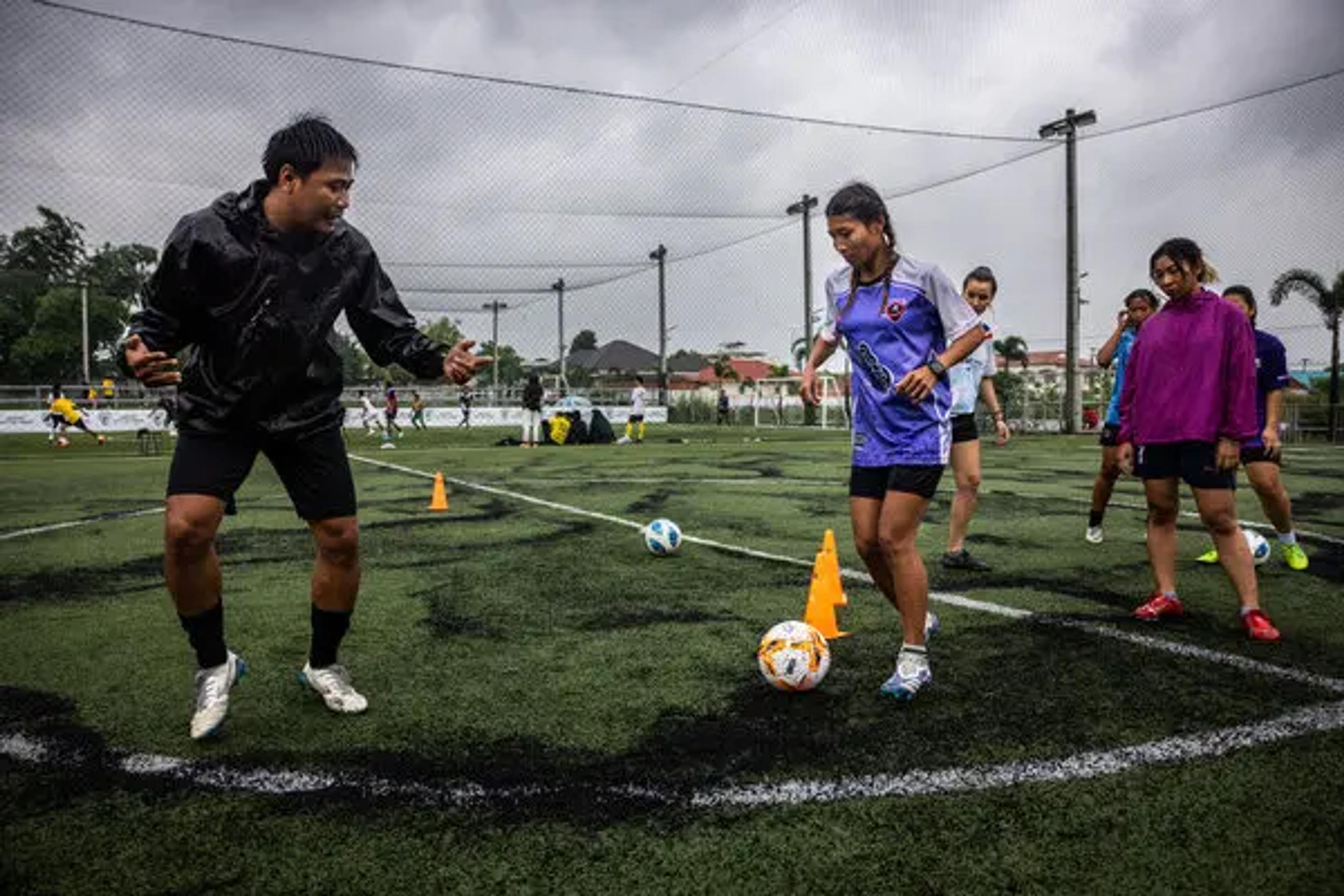
The OFC has launched a new campaign to stop online abuse against women and girls, aiming to make football a safer space across the Pacific.
Photo/Facebook/nytimes
Oceania football targets online abuse as Pacific females face world's highest violence rates
The OFC has launched a campaign to protect women and girls from online abuse, saying digital attacks are adding to already high levels of violence in Pasifika communities.



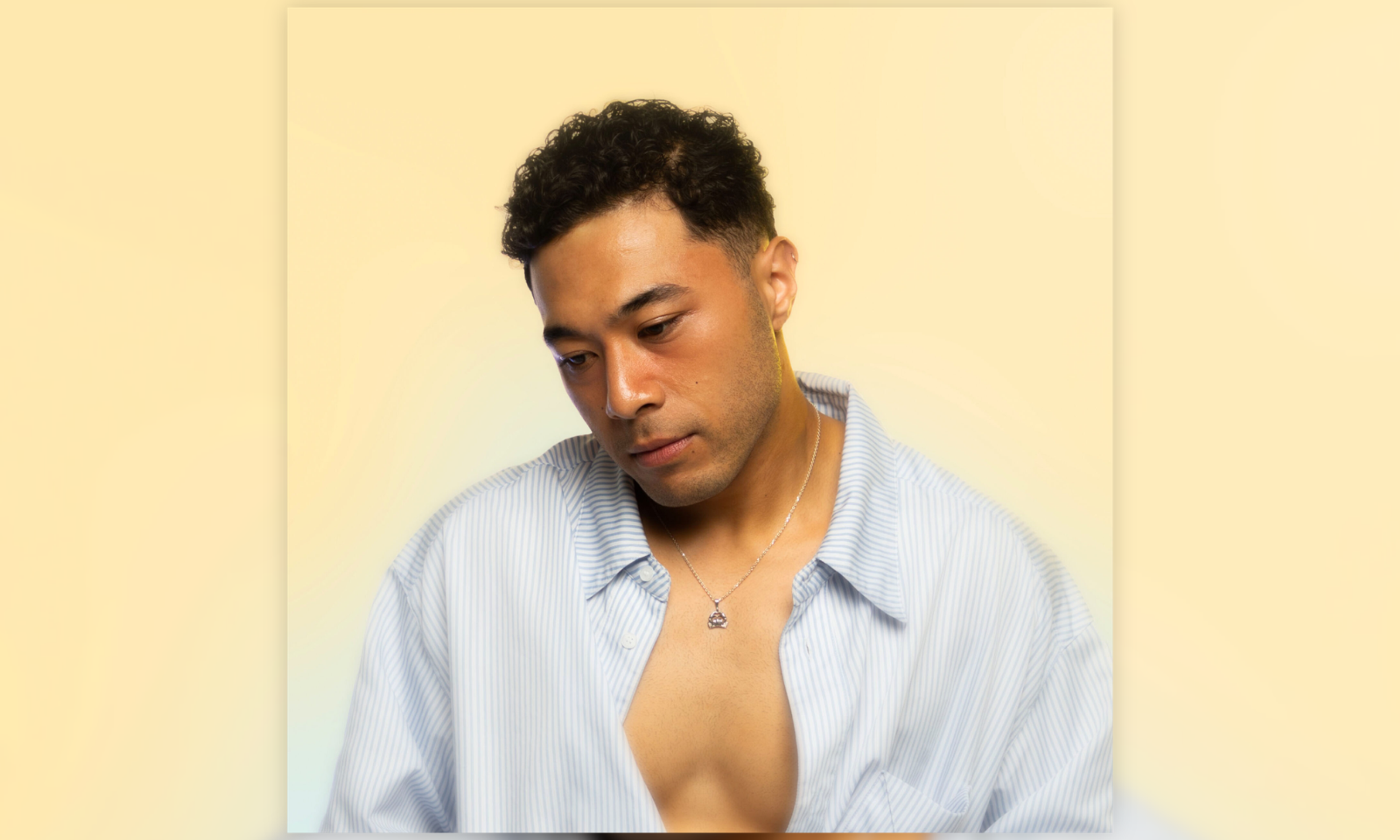
Tyrun re-imagines Niuean love in smooth new R&B single ‘Fila’




Tyrun re-imagines Niuean love in smooth new R&B single ‘Fila’
The Oceania Football Confederation (OFC) has launched a new campaign to stop online abuse against women and girls, an issue the organisation says is now affecting players across the Pacific, both on and off the field.
The campaign, part of the global "16 Days of Activism", asks football fans, families, and communities to “unite to end digital violence”. The 16 Days of Activism started on Tuesday and will end on 10 December.
In a statement, the OFC says this matters deeply in the region, where football communities are close-knit and where gender-based violence rates are some of the highest in the world.
Online abuse has become a major problem for women and girls in sport worldwide. The OFC says it can damage mental health, confidence and even push young players away from football.
According to the United Nations (UN), violence against women and girls is already a deep and urgent issue in the Pacific. In many Pacific Island countries, up to two-thirds of women report having experienced physical or sexual violence in their lifetime.
"In Kiribati and parts of Papua New Guinea, the rate climbs as high as 68 per cent," a report by Australia's Department of Foreign Affairs and Trade reveals.
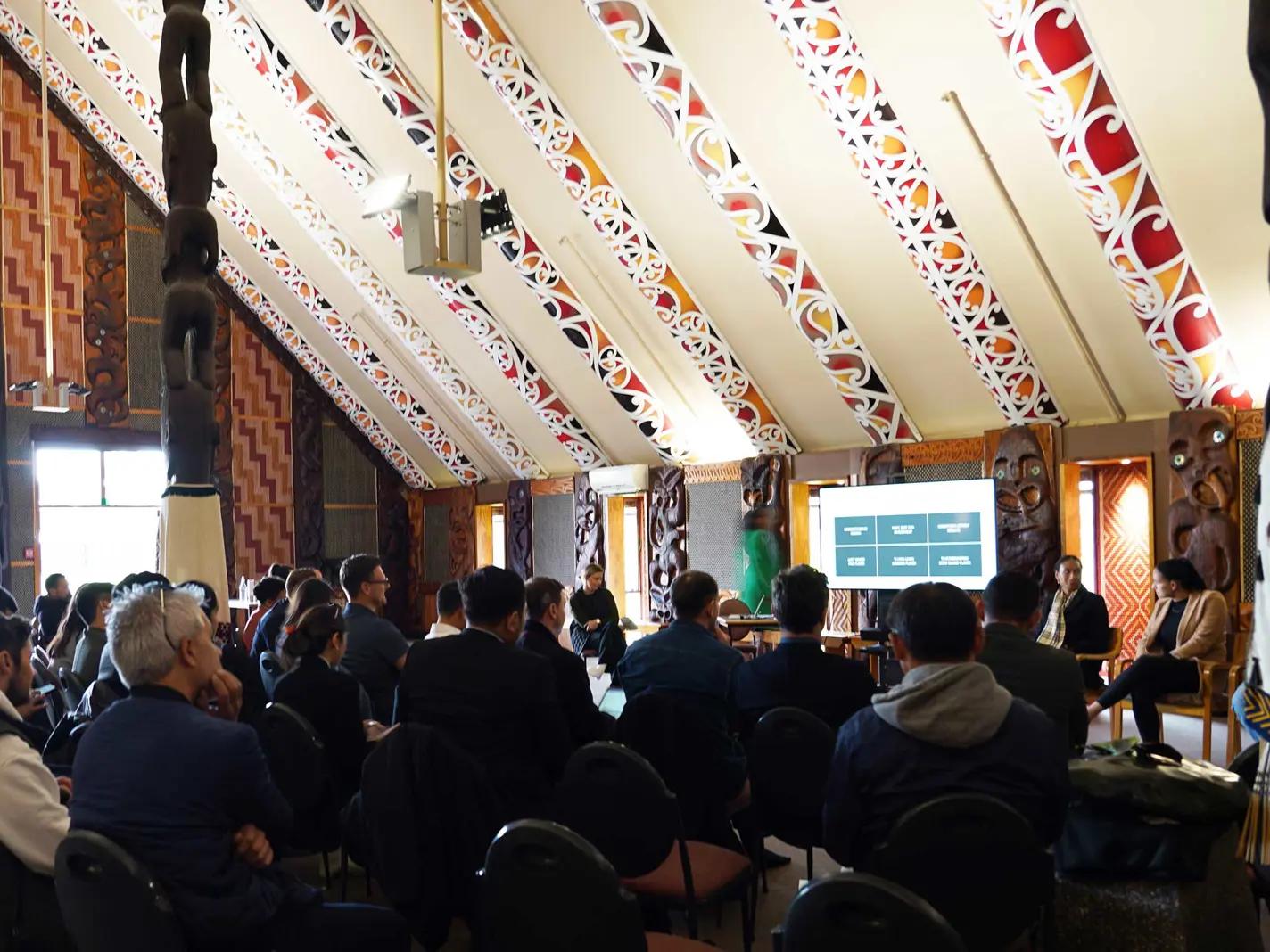
OFC is giving all Member Associations access to Respondology, an AI tool that hides harmful online comments before players see them.
"Even non-partner violence is common: for example, 37 per cent of women in the Solomon Islands report they experienced sexual abuse before the age of 15.
In the Pacific, one hateful comment can spread quickly through families and villages, causing real harm.
To help protect players, the OFC is giving all its Member Associations free access to "Respondology", an AI tool that hides abusive or harmful comments before athletes see them.
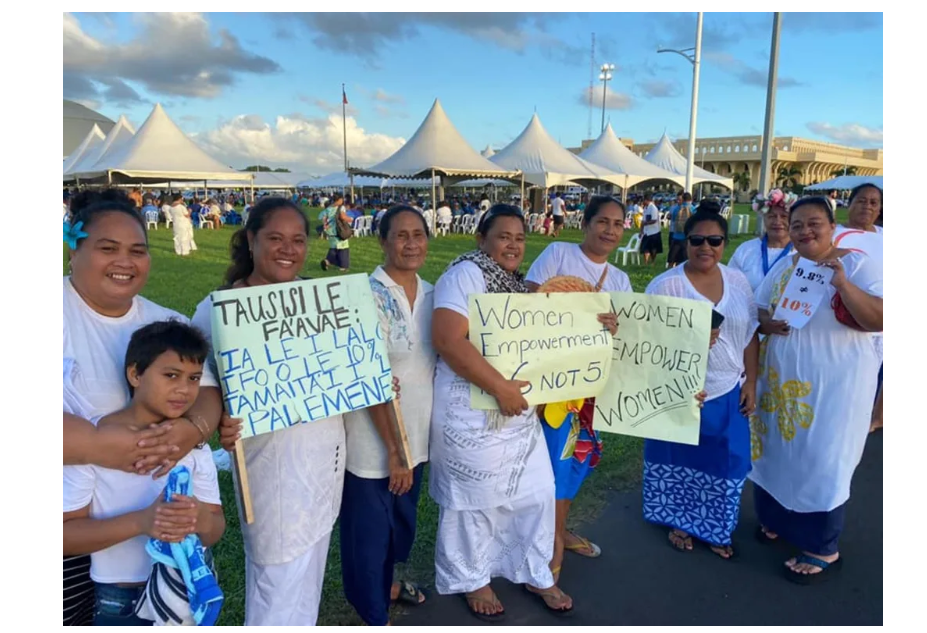
Women and girls across the Pacific are up to twice as likely to face violence as the global average, making online safety crucial for young players. Photo/Photoshop/Constitution of Sāmoa
The Cook Islands Football Association is the first to start using the system, just in time for the FIFA Women’s World Cup 2027™ Oceania Qualifiers, which they are hosting this week.
Erik Swain, the co-founder and CEO of Respondology, says the company was created after he witnessed the abuse aimed at tennis star Serena Williams online in 2019.
“We’ve ended social abuse for teams, leagues, and world-class athletes around the world in over 100 languages, and we are now extremely happy to support OFC and their 16 Days of Activism campaign,” Swain says.
“We have the technology to eradicate hate speech and protect these young athletes, but OFC is the real hero for taking action.”
Online abuse isn’t just a problem in football, it happens against a backdrop of widespread gender-based violence in the Pacific.
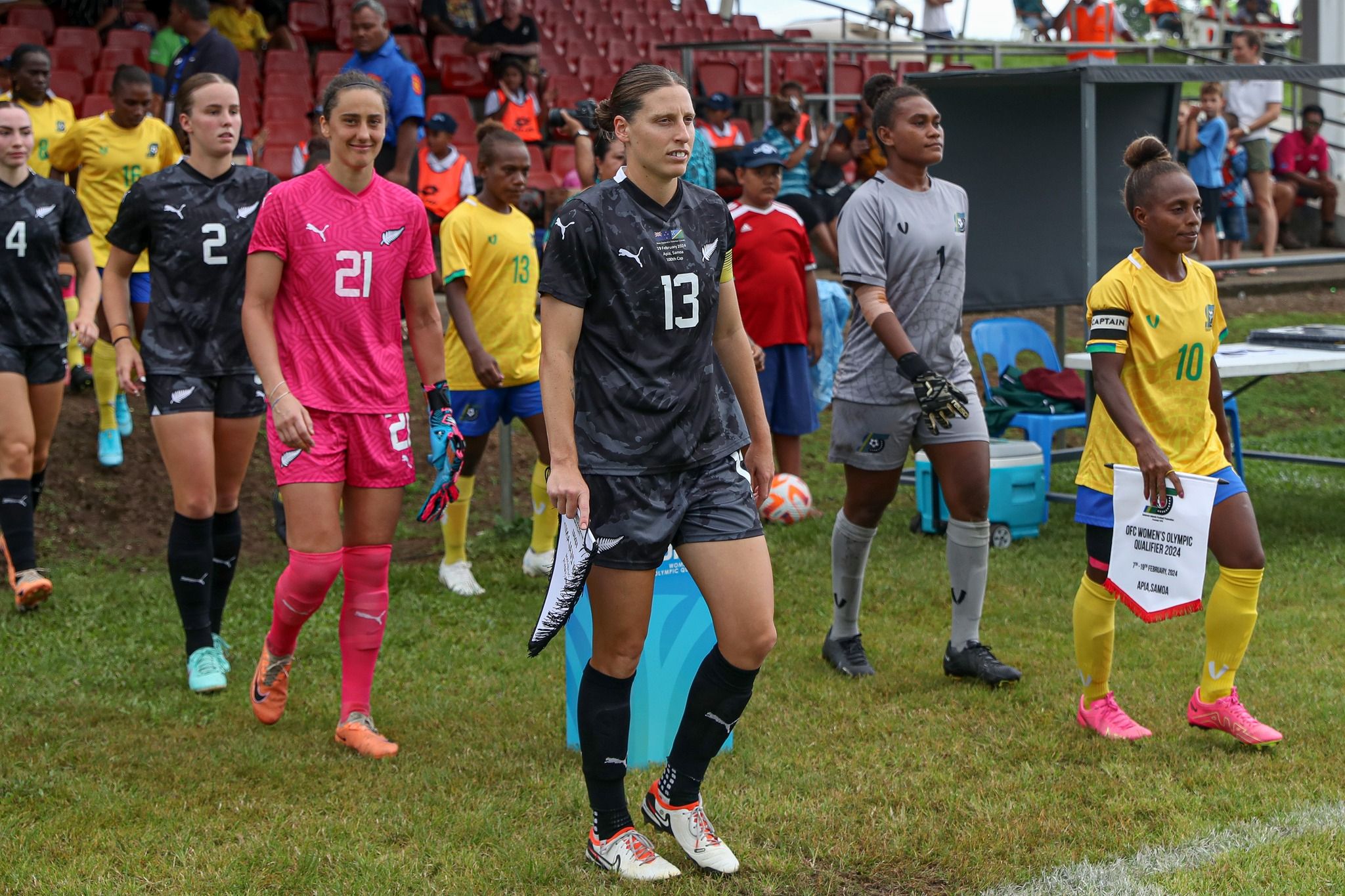
OFC says protecting players now includes safeguarding both on the field and online, as digital abuse can have real-world impacts on families and communities. Photo/OFC/file
In places like Fiji, Solomon Islands and Kiribati, research shows violence against women is among the highest in the world, with many women reporting abuse from a partner.
In Melanesia, around half of all women say they have experienced some form of violence. In the Solomon Islands, more than one in three women says they were sexually abused when they were younger than 15.
UN agencies report that violence against women and girls in the Pacific is roughly double the global average.
Regional organisations warn that online abuse, including harassment, threats, and harmful messages, is now a fast-growing form of gender-based violence across Pacific communities.
Franck Castillo, the OFC's General Secretary, says protecting players means looking after them in digital spaces as well as on the ground.
“Online violence is real violence,” Castillo says. “We have a responsibility to protect our players and communities in every environment they participate in.”
The campaign will also highlight real stories, including that of Cook Islands goalkeeper Rianna Pepe, who faced abusive online messages during the OFC Women’s Champions League in May.
The OFC says hearing from players like Pepe shows why action is urgently needed.